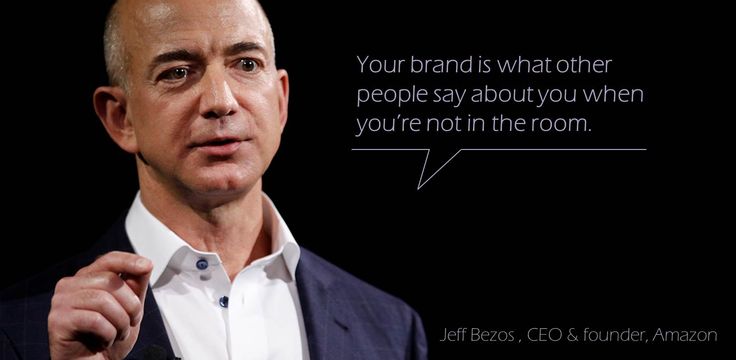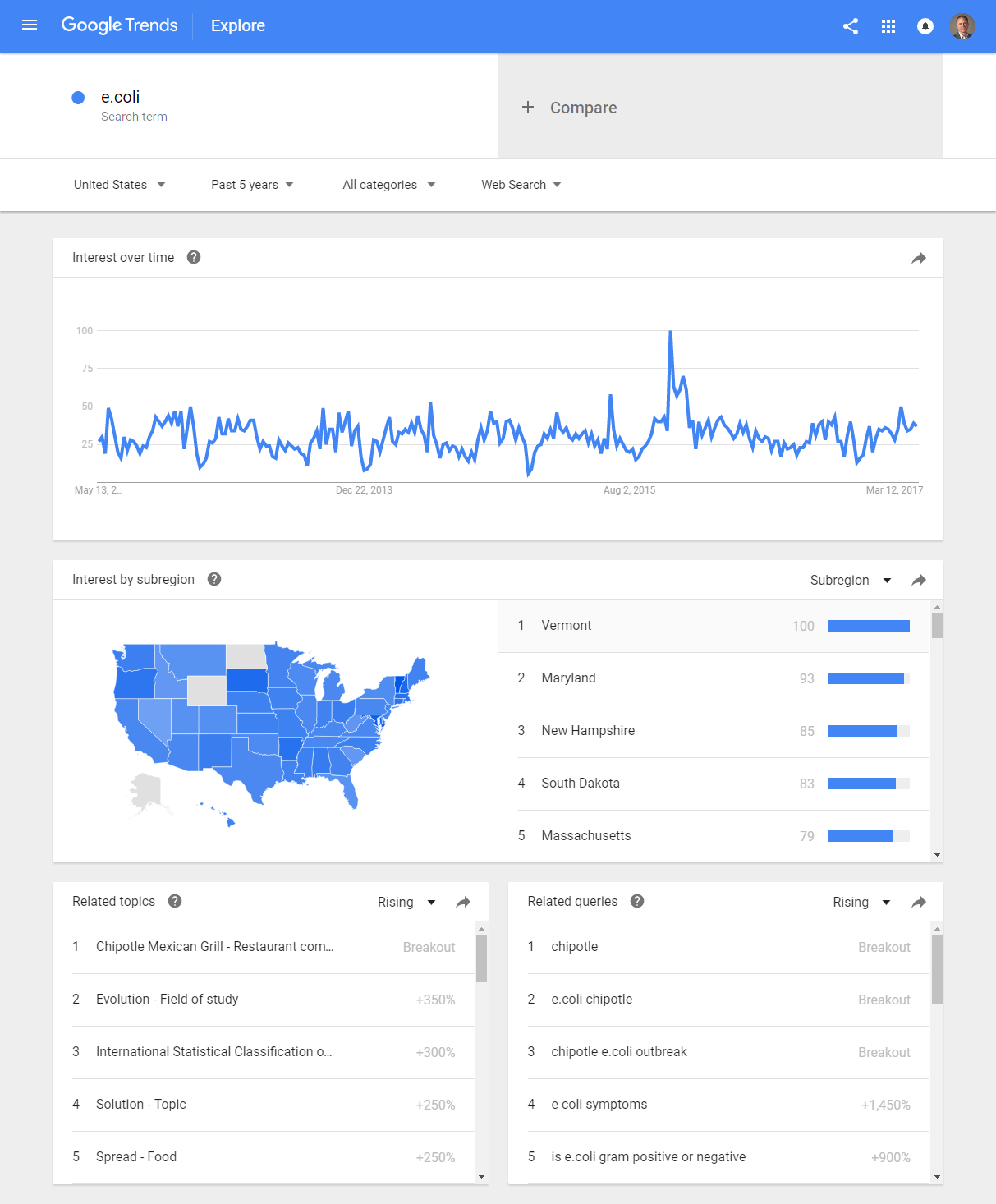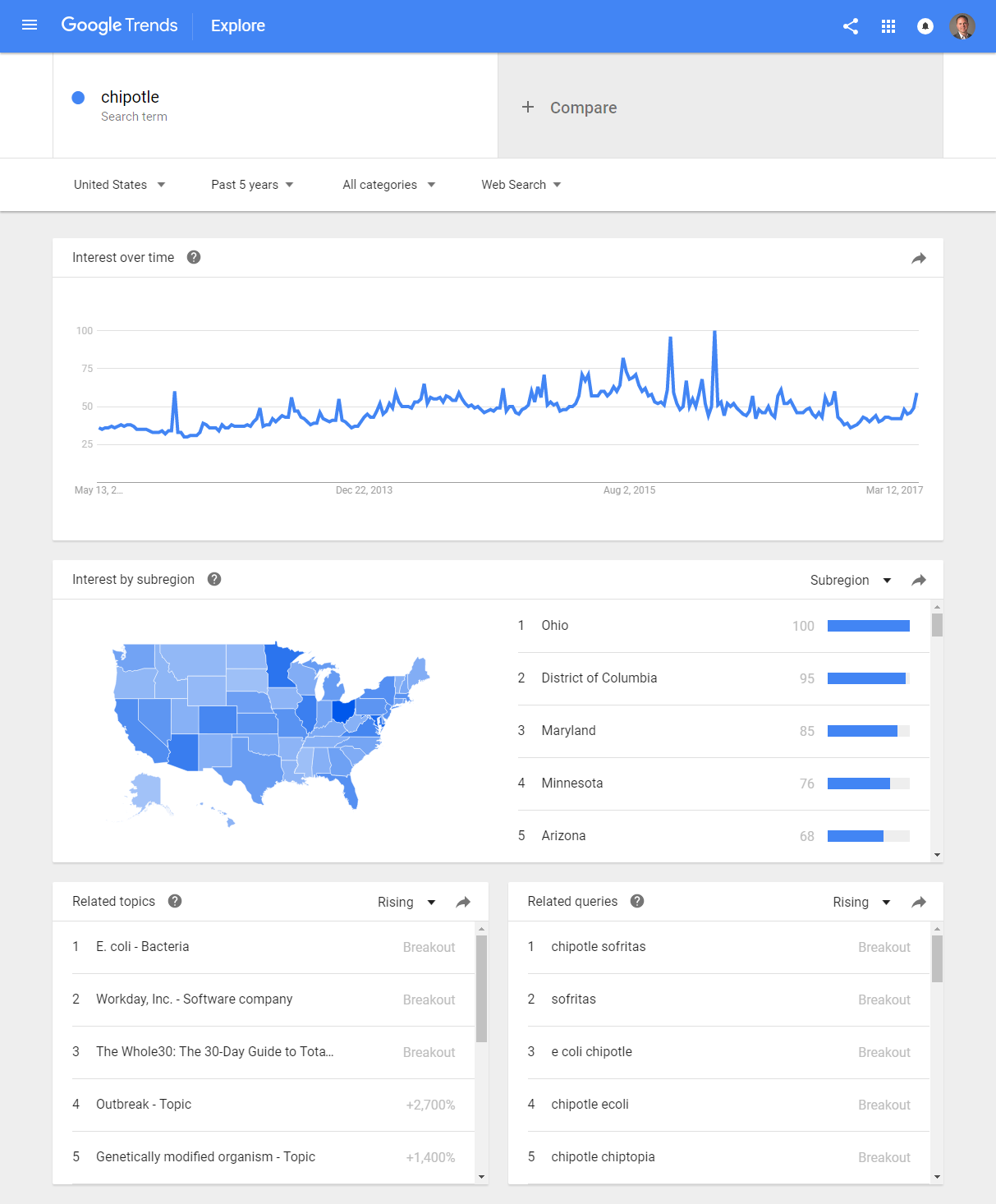May 7, 2017
| Article | Online Reputation Management
Reputation is Shaped in Social Media and Preserved in Search
Have you ever hit 'reply all' by mistake? Then you have a sense of how a crisis in brand reputation feels. It's like this:
Reputation is often mentioned when defining a brand, but they're not the same thing. Jeff Bezos famously said "Your brand is what other people say about you when you're not in the room." While we love the quote, you could easily substitute "reputation" in that sentence, so we find it somewhat inadequate in defining what a brand is.

The Difference Between Brand and Reputation
Brand and Reputation share common traits. Both involve emotion and influence. Both are not only important externally, but critically important as internal drivers of an organization's success.
The difference is that a brand is an emotional connection that drives differentiation and decision-making. Brands are aspirational and give people a sense of identity and belonging. When you purchase or support a brand, you attach yourself to it. It says something about who you are, which is why we often open meetings with new clients and prospects by asking them to name a brand that they like.
Reputation is about risk and perception. It plays out in social media and conversations and may or may not be true. Crisis in reputation is often immediate, adding time-pressure to the stress. But the damage can endure, preserved in search engine results.
Reputation is Preserved in Search
We could show hundreds of examples of reputation being shaped in social media, for better or worse. But what we find really interesting in ORM, is how the crisis (or success) may be ancient history and yet remains highly influential in branded search results.
Take Chipotle, a brand that, according to Fast Company, was "a sizzling business with a red-hot stock until an E. coli outbreak derailed its future." The crisis was heavily covered in traditional and social media when it broke in 2015. Despite their best efforts, the search keyword "e.coli" remains heavily correlated with the brand today, as evidenced in their branded search results and in Google Trends.
Branded Search Results in Google
Notice the presence of several negative search results — shown as pink or red — on page 1 and 2 of Google for the brand keyword "chipotle."

Google Trends for Keyword E.Coli
Notice the references to Chipotle under Related Topics and Related Queries.

Google Trends for Keyword Chipotle
The correlation goes both ways, with references to E.coli under Related Topics and Related Queries.

Implications for CMOs in Managing Brand Reputation
The simple fact is that search cannot be ignored or forgotten, whether your brand is enjoying great success or battling a crisis. Search is the entry point to the Internet for millions of people every day, and 90% of people never go beyond Google page 1. Most importantly, people trust the search results they see to be truthful, authoritative, credible and relevant.
Managing your brand reputation should not be reserved for a crisis situation. ORM has become a standard foundation of brand management. Ensure that your brand-building efforts are reflected in search with a thoughtful reputation management program.